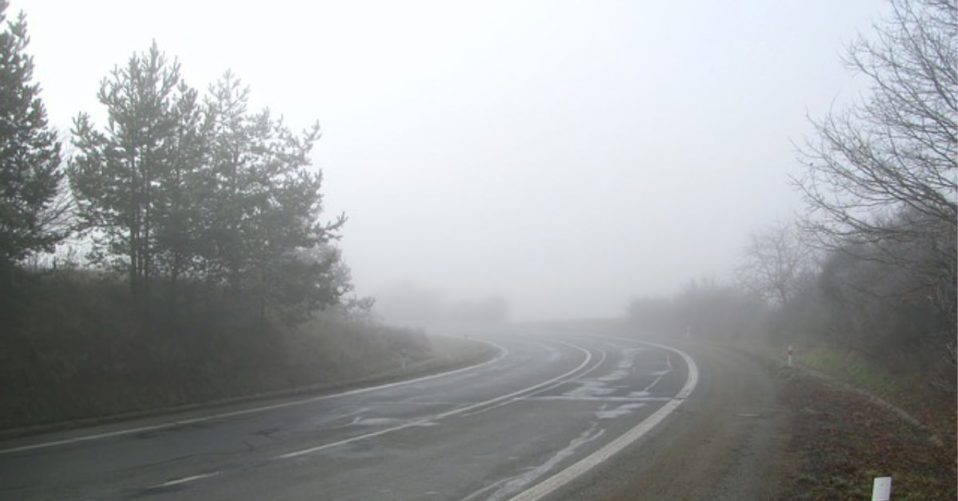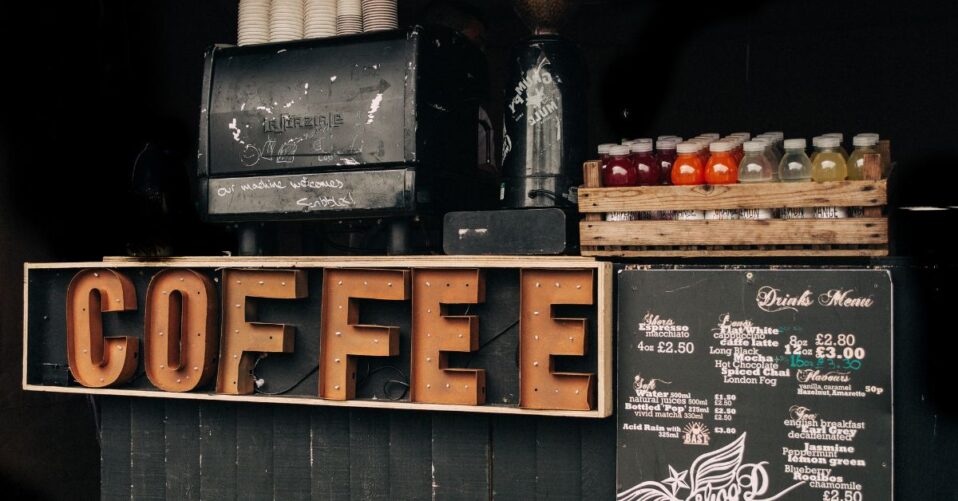By: Jennie Scott
I couldn’t find my way out. Eight years ago, after my marriage fell apart and my labels became “divorced” and “single mum,” my world lost its colour. All around me, I saw only black and white. Mostly black. Mostly darkness.
It makes me think of driving in the fog, where my headlights are on and they’re pushing the light as far as they can, but an invisible force reaches out and pushes it back. High beams don’t help — the fog is too real. Too thick. Too present.
Instinctively, I lean forward, scrunching my eyes to improve my vision, and I move my hands to the tippy-top of the steering wheel as I peer over the wheel into the murky scene ahead. I have a faint idea of where the road is, but my heart beats faster with uncertainty and worry as I inch forward.
When you can’t see what’s ahead, it’s natural to be gripped with fear.
In the fog of divorce, fear gripped me, but it wasn’t my only companion. Daily, I battled for identity and worth and against rejection and hopelessness. I heard lies proclaiming my obvious faults and my ruin.
Once, driving home from work, panic held me in a vise, my pulse racing and my body trembling.
I wept.
Bessel Van Der Kolk writes in the prologue to his book The Body Keeps the Score that “trauma produces actual physiological changes, including a re-calibration of the brain’s alarm system, an increase in stress hormone activity, and alterations in the system that filters relevant information from irrelevant.”
The trauma I experienced may not have come in a war zone, but it traumatised me nonetheless, and my brain certainly re-calibrated to be flooded with stress hormones. Van Der Kok writes, “survivors of trauma often begin to fear that they are damaged to the core and beyond redemption.“
Eight years later, his words make me cry because they describe that time period for me so perfectly.
Damaged.
Beyond redemption.
What’s interesting now, looking back, is that this is the time period I also fell in love again. An amazing man chose me, and he affirmed me daily. He knew my struggles and watched my battles, and he still chose to love. It was his love, in fact, that demanded I get help.
“If our relationship is going to work,” he said, “you have to work. If we’re going to be healthy, you have to be healthy.”
His words stung, but I couldn’t deny their truth. I was as far from healthy as a woman could be. I was going through the motions of life without really living, and I carried weighty baggage I just couldn’t seem to put down.
So, at his urging, I made an appointment with a counsellor. And, immediately, I felt great shame.
I was someone who needed help. I couldn’t handle what had happened to me. My emotions were beyond my control.
More than anything, I wanted to be normal, and in my eyes, the need for counselling meant I was anything but. Needing a counsellor meant I was broken and needed repair.
Back then, I felt shame over being broken. Today, I feel freedom, and this is why. We humans are all broken. To be human is to break — because terrible things happen, and our hearts get hurt, and we can’t control everything in our paths. Sometimes fog descends, and our own headlights aren’t strong enough to pierce the darkness. Our strong emotions show we love deeply, and why should that bring shame? The only people whose hearts don’t break are the people we should fear — so we shouldn’t fear being the ones who do break. Our brokenness is a sign that we love and feel and pay attention. It means our hearts still work.
As I sat on the couch across from my counsellor, I coached myself to breathe in and out. I forced myself to un-clench my fists, and I willed myself to be present in that small room.
I wanted to run. I wanted to leave. I wanted to pretend.
Instead, I stayed. I spoke. I cried. I answered questions and leaned in to the pain.
I used every single tissue she had.
Nothing that happened in that little room cured me. Nothing took away my pain. Nothing magical happened. But it was the first step in the long process that extends to today. It was the first step in a gradual healing.
Deep wounds don’t heal overnight. Great hurts don’t suddenly disappear. And the notion of pulling yourself up by the bootstraps is crap.
Every hurt requires a process of healing, and the first step is always an admission of pain. Admitting it to yourself, certainly, but also to someone who is qualified to help. A broken leg needs a healer, and a broken heart does, too.
It has taken me a long time to refuse shame entrance to this story. I needed a counsellor to walk me through my pain. So what? She helped me heal. Had I not spent time with her, I wouldn’t be where I am today.
My heart would still be broken. I would still be drowning. And I fear bitterness would be my story instead of joy.
To you, the ones hurting and trying desperately to heal on your own, I offer this advice: allow yourself to be needy. Let yourself feel what you feel, need what you need, and seek what will help. Give yourself permission to take time for healing, and pursue it desperately. Find yourself a qualified counsellor. Tell her all your thoughts. Banish shame from the room. Hear what your body is telling you, and refuse to stay as you are.
See your brokenness as a sign that your heart still works, my friend, and give it what it needs to work better.
Article supplied with thanks to Jennie Scott.
About the Author: Jennie is married with two children who shares lessons from her own unexpected journeys and encouragement you might need for yours.




